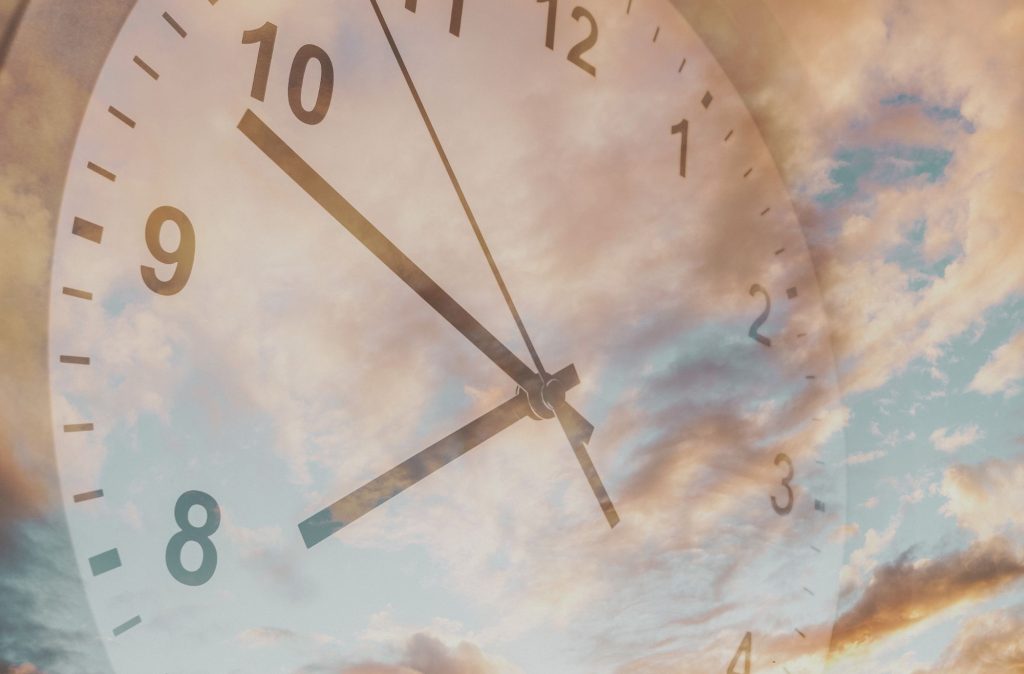
There was a time when we moved with the seasons—not by choice, but because life demanded it. When winter came, we didn’t fight against it; we slowed down, stored food, rested. When summer stretched long, we made the most of the light, knowing the darkness would return. Time wasn’t something we managed—it was something we lived inside of.
In the North, this wasn’t just a way of being. It was survival. The land dictated the rhythm. You couldn’t make the sun rise earlier or force the rivers to thaw before their time. You adapted, you flowed, you worked with what you had. There was no illusion of control—only the deep knowing that life moved in cycles, and that resisting them was pointless.
But today? Today, we live as if time should bend to us. We have built a world where we no longer have to adapt to the seasons—we can have strawberries in winter, heat when it’s cold, light when it’s dark. We no longer wait; we demand. We no longer listen; we dictate.
And yet, for all our control, we feel more out of sync than ever. We race through the days, always thinking ahead to what’s next. We feel like we never have enough time, as if it’s slipping away faster than we can catch it. But is time really moving faster? Or is something else happening?
Why We Feel Like Time Is Slipping Away
The more we try to hold onto time, the more it seems to disappear. The more we break life into minutes and deadlines, the faster it seems to run.
Think about it: A child doesn’t experience time the way an adult does. A summer day stretches endlessly because they are inside it, fully present. They don’t measure time; they live it. But as we grow, we learn to count the days, to track our progress, to fit life into schedules. We start watching time instead of being in it.
And when you watch time too closely, all you see is how quickly it’s slipping through your fingers.
We think we are organising life when we break it into minutes and years, deadlines and goals. But in reality, we are pulling it apart into something unnatural—something rigid, fragmented. Our ancestors moved with time, not against it. They didn’t speed it up or slow it down—they lived inside its unfolding. And because of that, time felt full, alive, real.
How Do We Step Out of the Illusion?
The truth is, we can’t slow time down—because time was never moving too fast to begin with. We are the ones moving too fast.
The more we chase time, the more it slips away. The more we try to manage it, the more disconnected we feel. But if we let go of trying to control time—if we stop breaking it into pieces, stop treating it like something we need to catch up to—we begin to experience it differently.
Maybe time isn’t something to use. Maybe it’s something to be inside of. Maybe we don’t need to organise our lives more—we just need to stop watching the clock and let ourselves feel inside the moments we are already living.
Bringing Nordic Mindfulness Into Your World
The next time you feel like time is slipping away, stop. Step outside. Feel the air, notice the way the wind moves, the way the light changes. Take a deep breath and remind yourself that time isn’t something to be managed—it’s something to be lived.
If you want to slow down time, stop measuring it. Instead, immerse yourself in the moment you are in. Watch the way a tree stands, completely unbothered by the ticking of a clock. Feel the way your breath rises and falls, like the waves of an unseen tide.
Ask yourself: What if time was never yours to hold in the first place? What if the only way to have more of it was to stop trying to control it?
Maybe then, you’d stop running. Maybe then, you’d finally arrive.
Leave a Reply